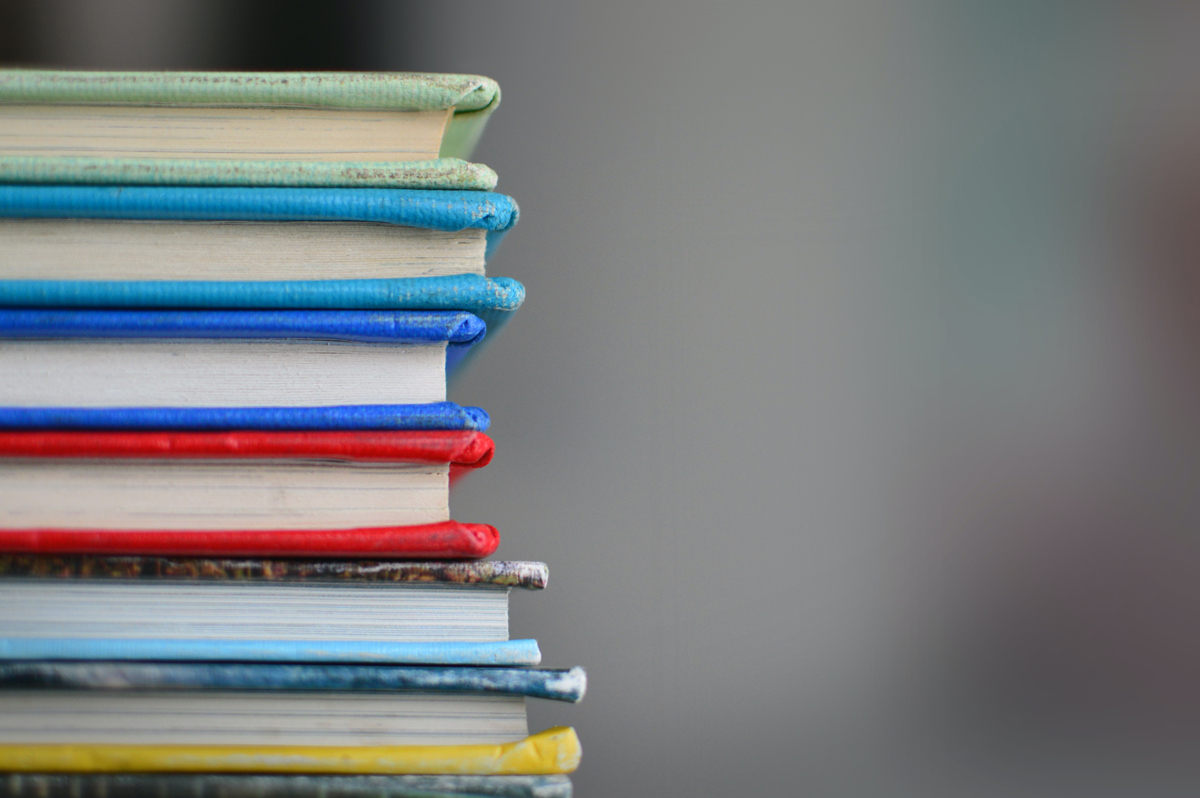
LIBRARIES &
ORGANIZATIONS
Accessibility Initiatives
Image source: Kimberly Farmer
Accessibility means equitable access to content as well as access to diverse perspectives and publications for people with print disabilities.The goal of most accessibility initiatives is to be able to create workflows that produce 'born accessible' e-books and digital products as well as braille, audio, and large print versions.Many organizations have created resources, guidelines, and glossaries that detail developing practices in accessible publishing.
Profile: Daniella Levy-Pinto
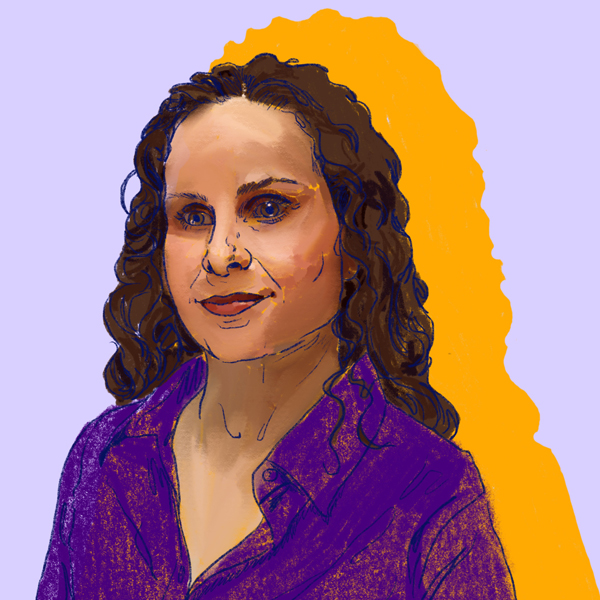
Illustration by Rachel Asevicius
Daniella Levy-Pinto is an accessibility expert and consultant currently working as the manager of NNELS (National Network for Equitable Library Service), where she began as a production assistant in 2018. Levy-Pinto manages all of NNELS' activities and projects, which includes working with libraries and publishers to advocate for accessibility, creating awareness and mitigating discomfort in and around accessibility conversations), managing funding grants, and leading a team of talented individuals who inform the work that NNELS does.
As a blind woman, Levy-Pinto has been an "avid user of assistive reading technologies for over twenty-five years," without which she wouldn't have been able to pursue her PhD in political science, as well as work in both academic and professional settings. Levy-Pinto stresses that addressing the needs of people with print disabilities isn't just about serving the needs of blind people and people with low vision, it's also about increasing awareness about the needs of people with learning, cognitive, and mobility disabilities, all of which are print disabilities, as defined in Canada's Copyright Act.
Levy-Pinto hopes for a future where accessibility is a baseline and not an afterthought, one with stronger legislation and more funding for accessibility initiatives that would allow for greater capacity for access in Canada. She hopes to see more accessible education programs creating awareness of the current accessibility needs in Canada's publishing landscape and hopes that both mindsets and digital literacy will improve. "Even if something is accessible, it doesn't mean that it is really usable," she remarks. "If someone with a disability must take many more steps to accomplish something that someone without a disability doesn't have to do...is the product really usable? Are we really talking about equity and inclusion?"
Publishing Organizations
Organizations of all sizes are necessary to maintain publishing industry standards, provide funding, and widespread access to books and reading. Below are some of the organizations at the forefront of accessibility initiatives in libraries.
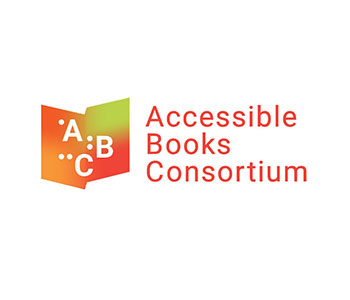
Accessible Books Consortium (ABC)
Accessible Books Consortium (ABC) is a public-private partnership led by the World Intellectual Property Organization (WIPO) whose goal is to increase the number of books worldwide available in accessible formats - braille, audio, e-text, large print - and to make them available to people who are blind, have low vision or have print disabilities. It includes member organizations that represent people with print disabilities, such as the World Blind Union (WBU); a variety of libraries for people who are blind or have low vision; standards, bodies, and organizations that represent authors, publishers, and management organizations.
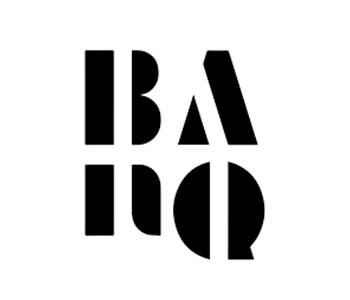
Bibliothèque et Archives nationales du Québec (BAnQ)
Bibliothèque et Archives nationales du Québec (BAnQ) is a Quebec-wide agency that acts as an archive of Quebecois history and as a library to preserve Quebec's cultural history. Within BAnQ is SQLA, the Service Québécois du livre adapté - a bilingual service that offers format conversion, reproduction, and collections of accessible print services for people with print disabilities across their 12 locations and online.
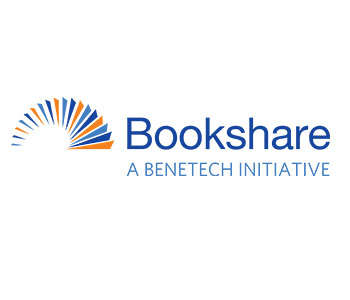
Bookshare
Bookshare is an initiative of Benetech, a technology non-profit based in Palo Alto, California, that provides technology solutions for social causes like human rights, the environment, and literacy. With over one million titles in multiple languages, and more available all the time through its partnerships with international publishers, Bookshare is the largest accessible e-book library in the world. Bookshare allows educators, students, and adults with reading barriers to experience e-books in the best format for their own needs. In 2017, Centre for Equitable Library Access (CELA) partnered with Benetech to create accessible texts at no additional cost to the publisher via Bookshare.
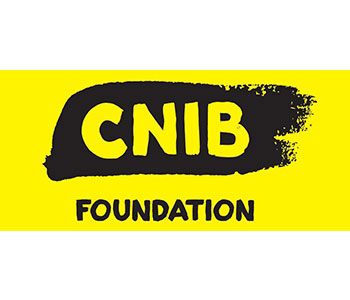
The Canadian National Institute for the Blind (CNIB)
The Canadian National Institute for the Blind (CNIB) has been offering programs and services to Canadians who are blind or have vision loss since the First World War. Today, CNIB programming includes educational summer programs and access to the CNIB Unbound Book Club, a virtual space for readers with a range of print disabilities to gather and discuss books.
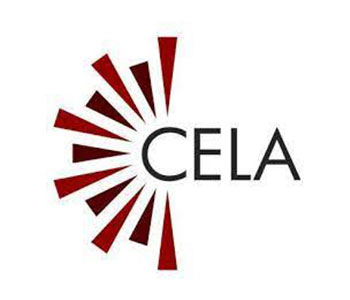
Centre for Equitable Library Access (CELA)
Centre for Equitable Library Access (CELA) provides people with print disabilities access to books, newspapers, and magazines in formats they can read, such as audio, digital text, and braille. CELA supports and assists public libraries in delivering accessible library materials to Canadians with print disabilities and offers training and staff development opportunities. The CELA collection emphasizes Canadian authors and includes fiction and non-fiction books and other materials.
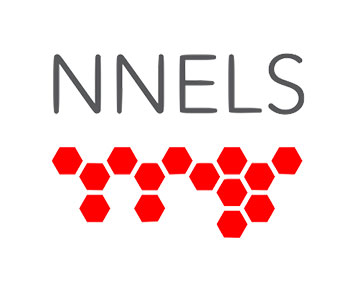
National Network for Equitable Library Services (NNELS)
National Network for Equitable Library Services (NNELS) is a Canadian organization devoted to making print and digital books accessible at no cost. Funded by libraries across the country, NNELS also works with international publishers to ensure material is born accessible and that multiple formats are available to library users. NNELS updates its accessibility reports on different library services frequently to ensure that the technologies and formats available to the public are living up to their potential.
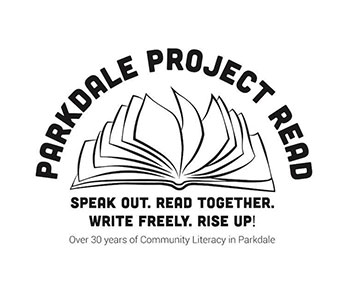
Parkdale Project Read (PPR)
Parkdale Project Read (PPR) is a non-profit adult-literacy program serving Toronto's Parkdale community. Through its group classes and one-on-one learning, PPR aims to bolster user self-confidence and independence by emphasizing that everyone needs to learn at a pace that's right for them.
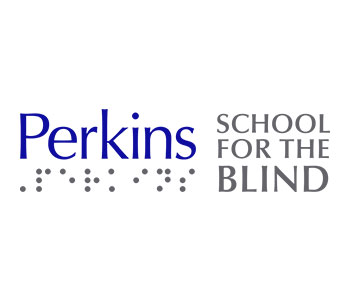
Perkins School for the Blind Library
Perkins School for the Blind Library is an organization at the forefront of accessible education for Blind people and others with print disabilities. Its library services include an online catalogue of books and video in accessible formats, including digital books, braille, large print, audio-described DVDs, downloadable braille titles via BARD (Braille and Audio Reading Download) and Newsline, a free audio source for newspapers and magazines that uses synthetic voice.
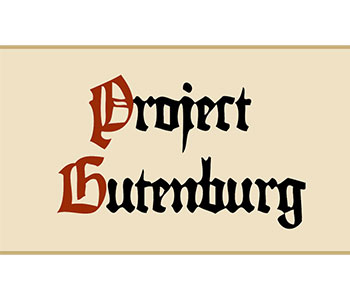
Project Gutenberg
Project Gutenberg is an online library of free e-books and literary archives founded by Michael Hart in 1971. Millions of public domain books are downloaded weekly including Frankenstein (Mary Wollstonecraft Shelley), Pride and Prejudice (Jane Austen), Alice's Adventures in Wonderland (Lewis Carroll), The Great Gatsby (F. Scott Fitzgerald), and The Adventures of Sherlock Holmes (Sir Arthur Conan Doyle).
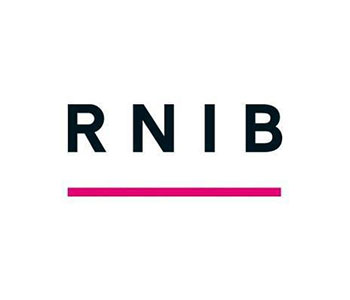
The Royal National Institute of Blind People (RNIB)
The Royal National Institute of Blind People (RNIB) is one of the UK's leading sight-loss charities with the largest community of blind and partially sighted people in the UK. Recognizing that everyone's experience of sight loss is unique, RNIB offers help and support for blind and partially sighted people - from practical and emotional support, campaigning for change, reading services, and products in its online shop. RNIB also offers a talking books service with free access to over 34,000 books in a variety of formats, including digital download through an Alexa-enabled device (smart speaker, tablet, or smartphone), DAISY CD, or USB stick.
